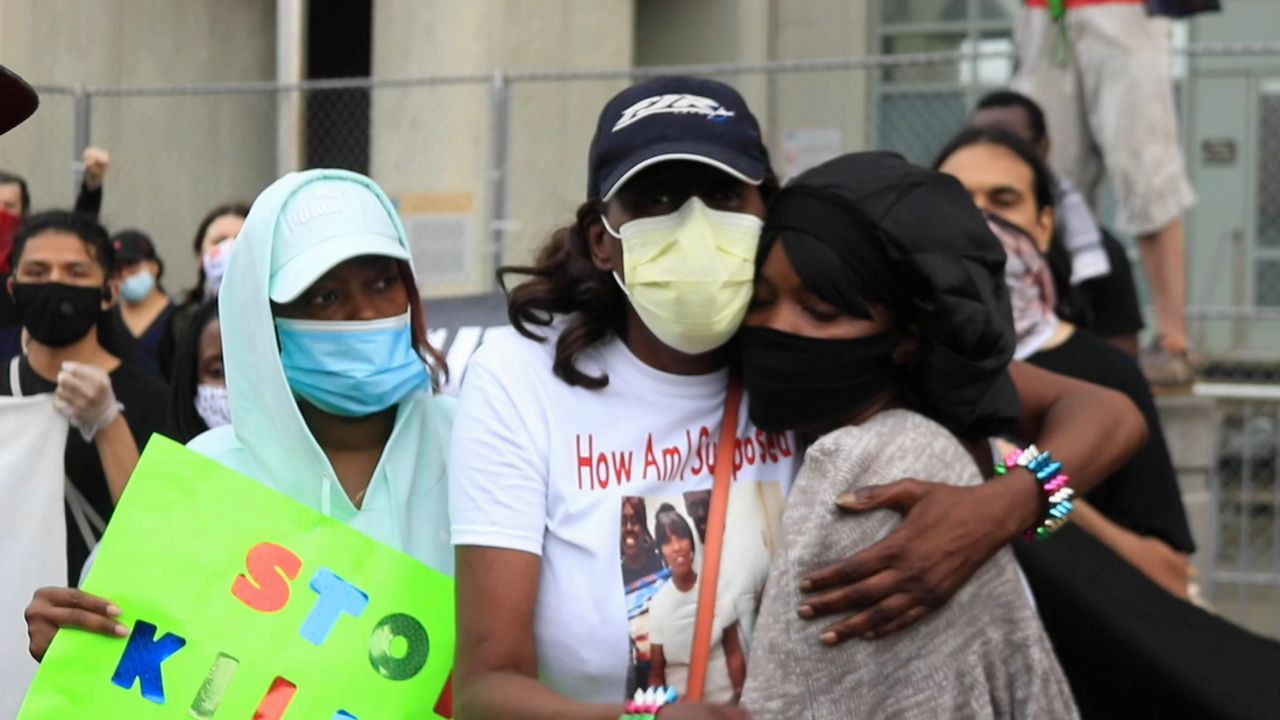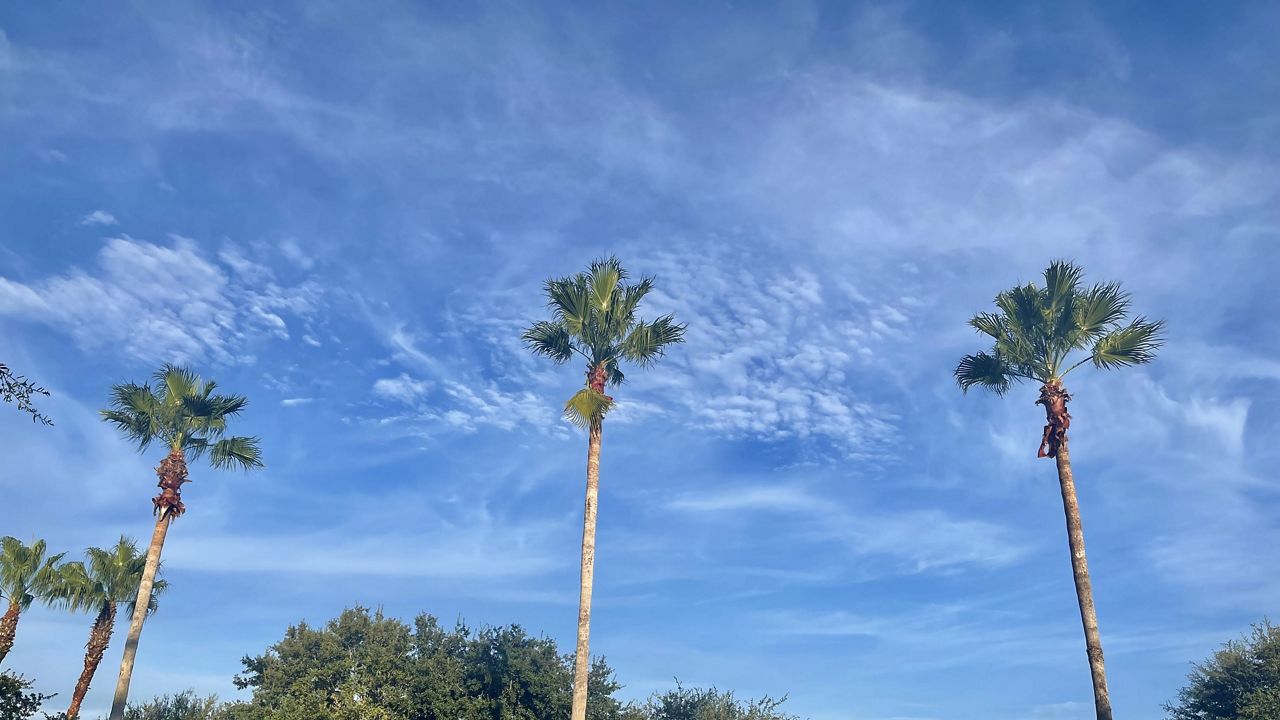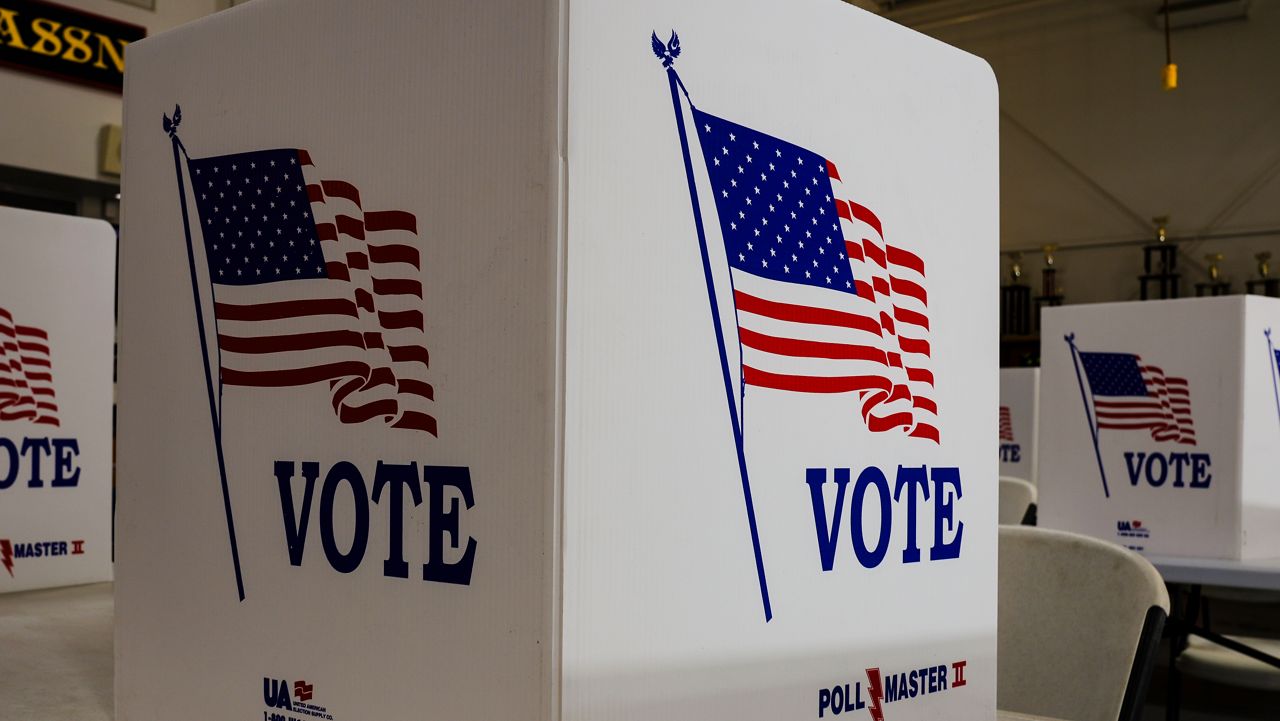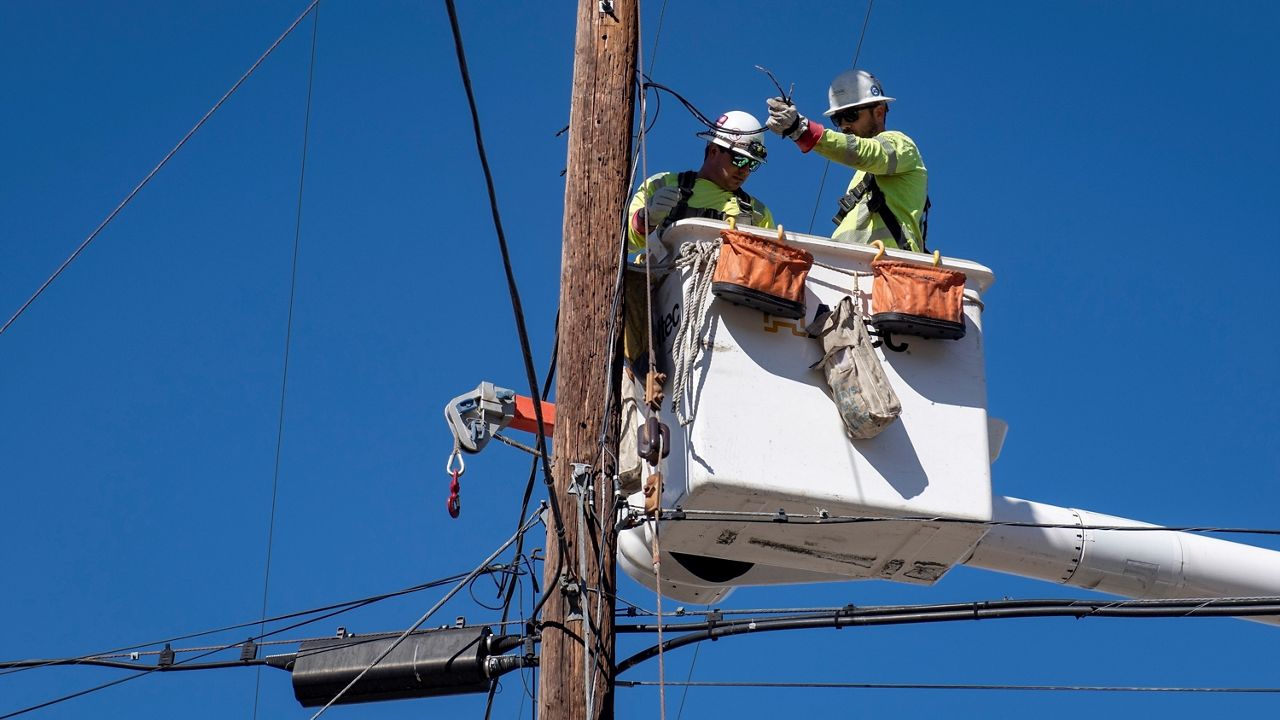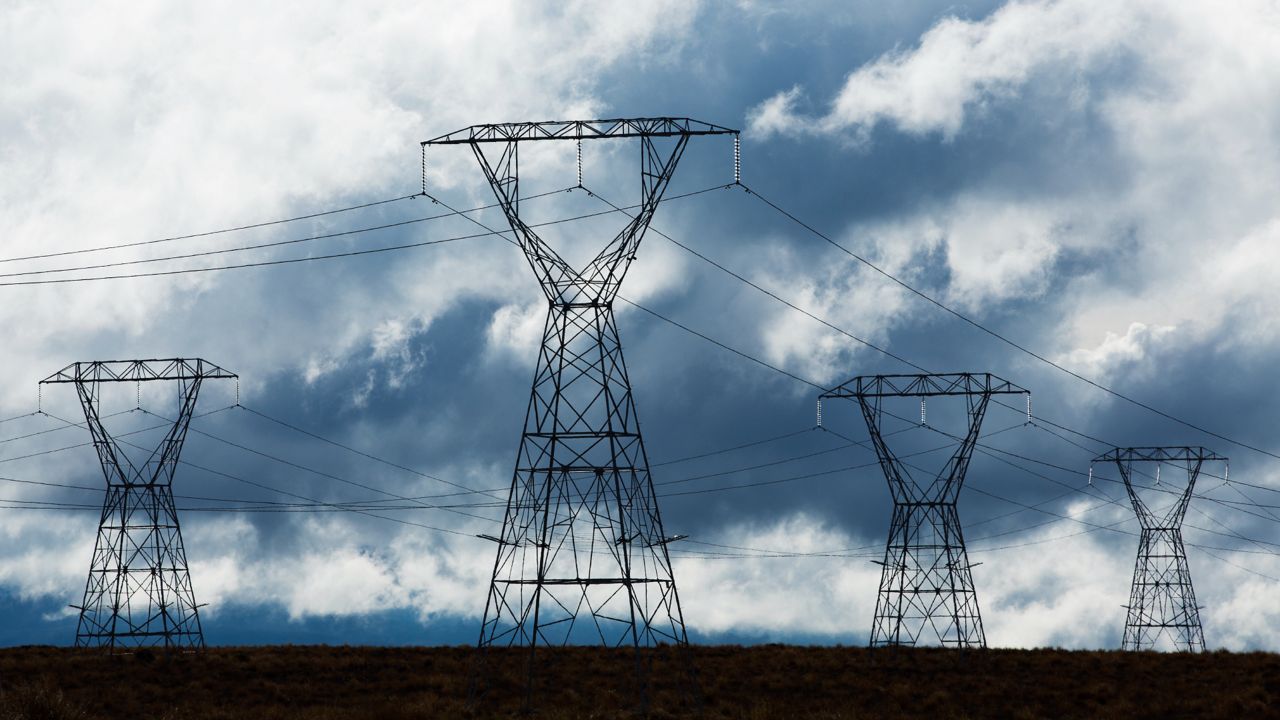ST. PETERSBURG, Fla. — People of all races and genders have taken to the streets of Minneapolis and the nation to fight for justice,
You’ll also see people of all ages.
“I think it's really sad that black people, my people, are being killed for no reason,” said 11 year-old Bethani Sackor.
But what they’re seeing, is being seen all over the country.
“There was this man who laid on the ground and he took off his shoes and put one of them on his neck and he stayed there like that for 8 min 40 sec to symbolize George Floyd. and that really, really did something,” said 10 year-old Ye’ela Garama-Yahav.
They are images local clinical psychologist, Dr. Steve O’Brien, says are important to discuss with your kids.
“Children are taking in so much more information than we realize, and they’re picking up subtleties that even if they may not understand all the details and facts about something, they start understanding there is a certain attitude and certain emotions about certain kinds of people,” said Dr. O’Brien.
He says children begin interpreting information about race between the ages of two and five, and a lot of what they learn comes from their parents.
“We also know that kids learn so much from watching and listening to adults, so the more that we model attitudes that are non-racist, non- judgemental, non-discriminatory, then that’s going to increase the chance that they grow up with those values,” said Dr. O’Brien.
He says it’s important to talk to our children about their feelings and validate their emotions.
Then, he says, sit down and explain it to them in terms they can understand.
For the younsters, define racism, and teach them about protests.
For the teens, you can get them books about racism, or give them examples of similar instances throughout history.
“I think it’s really important to make sure younger children feel safe, some extra reassurance about where those riots are occurring, so that they feel like there is a sense of distance and safety. But I also think it’s important to make sure that kids, particularly when they’re older, feel that they can do something,” said Dr. O’Brien.
Dr. O’Brien says volunteering and giving kids a voice is a good way to help them feel like they are making a change.
“I want to be someday who tries to bring peace,” said Garama-Yahav.




